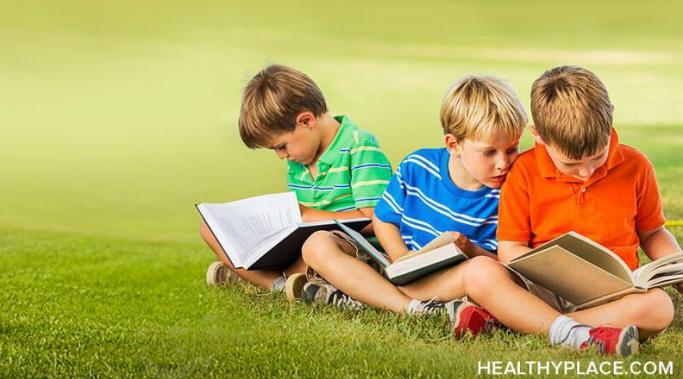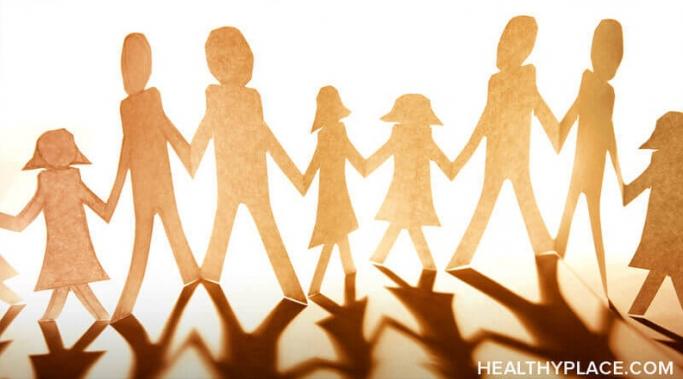Living with verbal abuse can drastically alter your life choices and how you navigate the world. However, it's critical that you break away from being the victim if you are recovering from a verbally abusive past. Dealing with abuse is only part of your story and is not the only way to define you as an individual.
Stop Abuse
Verbal abuse can come from individuals of any age, including children. Unfortunately, the understanding that kids can be cruel is too common for many parents. So, why do children resort to verbal abuse to handle difficult situations? The answer could be due to learned behaviors or a developmental phase.
Finding a therapist for verbal abuse recovery can be challenging. The mental health industry has numerous professionals that can help support individuals through many circumstances. However, not every certified psychologist or designated therapy professional may be right for you. Not every therapist is the verbal abuse therapist for you.
Verbal abuse can impact the way children view relationships and themselves. Sometimes parents exhibit verbally abusive behavior toward each other without involving the children as recipients. Although the kids may not receive any verbal abuse from their parents, this dynamic still profoundly affects children and how they develop into adults.
Navigating relationships can be confusing, especially with narcissistic behaviors like paperclipping -- being kept on the backburner -- from a partner. Are you the victim of paperclipping? Knowing what to look for can help you avoid hanging onto the idea of a potential relationship with no possibility of commitment.
Sometimes behaviors appear in relationships that can make you feel uneasy or confused. Breadcrumbing is one of these habits that may have you wondering if it is verbal abuse. If you haven't heard of this term before, it can be good to know what signs to look for and if the breadcrumbing is severe enough to classify it as verbal abuse.
If your verbally abusive past includes positive memories with your abuser, you aren't alone. Unfortunately, many verbal abuse victims can recollect happy times, which may create guilt or confusion as they work through their healing journey.
Speaking up against abuse can be especially difficult for anyone who has been a victim of repeated verbal abuse. Although I find it easy to be the voice for others when I see an abusive situation, it's entirely different for me. I have often faced circumstances when I knew I should have said something and defended myself but could not find my voice. I still struggle to have the same strength I give to others vulnerable to abuse.
The holiday season can bring feelings of community and love, but for many estranged verbal abuse victims like myself, it's a reminder that there are family members who are no longer part of their lives. Avoiding a verbally abusive situation benefits the individual but can also bring emotions of loneliness and exile with estrangement.
As I work through my healing journey, I've noticed some specific triggering elements that leave me feeling uncomfortable. Even as a young child growing up, I remember the emotions of mistrust and suspicion when trying to determine if someone's words and actions were genuine. My trust issues from child abuse made it almost impossible to tell the difference between a lie and a joke.









